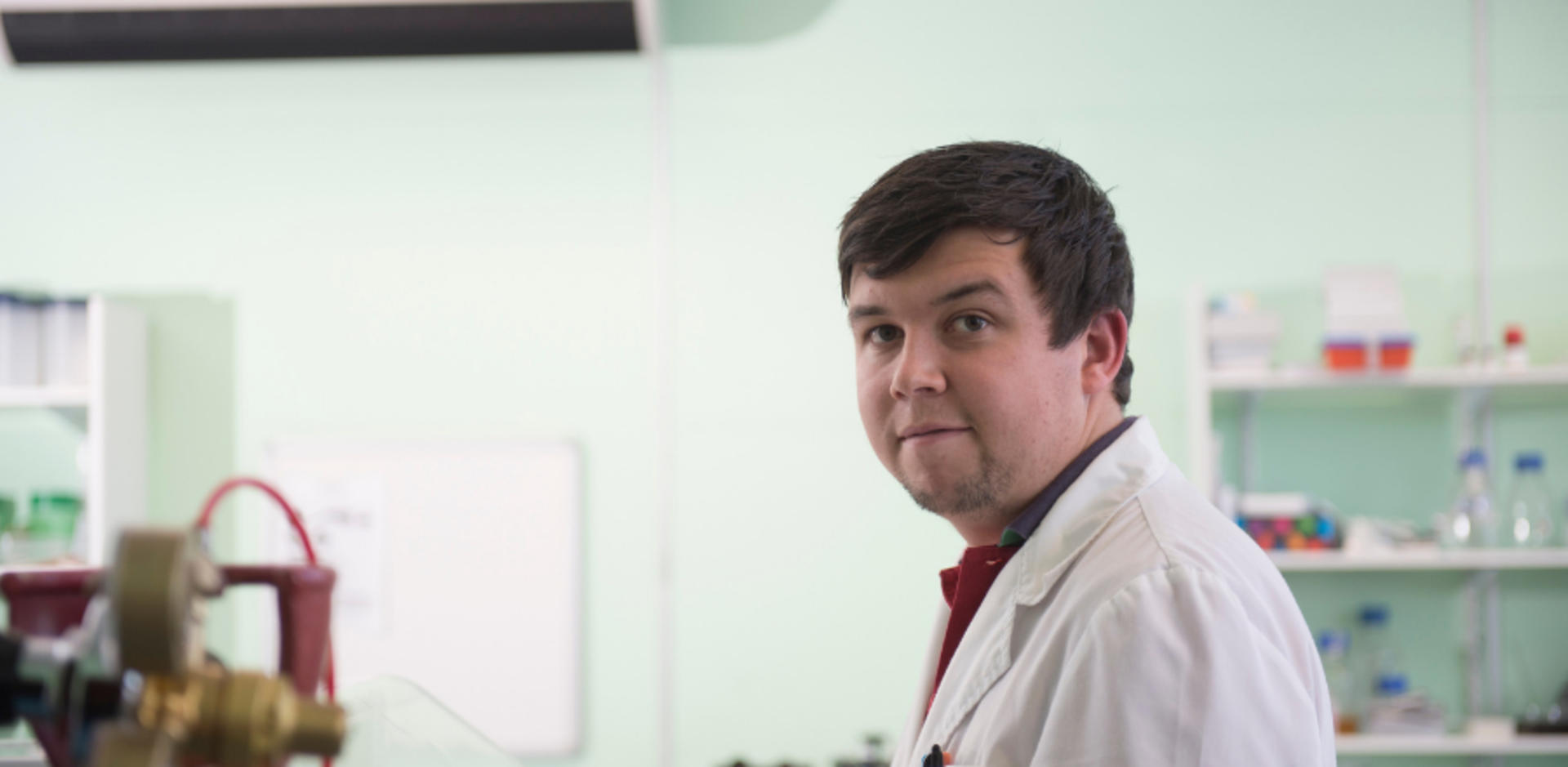Microbiologist wins funding to help find new treatment for bacterial vaginosis

Glasgow Caledonian University microbiologist Dr Ryan Kean has been awarded £47,000 to help find new treatments for bacterial vaginosis (BV) infections which affect 30% of women of childbearing age in the western world.
BV patients have a three to five times increased risk of miscarriage, two-fold risk of pre-term birth and increased STI transmission risk.
Dr Kean, a lecturer in Clinical Microbiology in the Department of Biological and Biomedical Sciences, is delighted to have been awarded the funding by National Biofilms Innovation Centre (NBIC), which GCU has only recently joined.
His research entitled 'Targeted Protein Payload Dispersal of Vaginal Biofilms' was one of 18 projects awarded the funding in the fourth Proof of Concept call launched earlier this year.
Biofilms are communities of one or more types of microorganisms that can grow on many different surfaces. Microorganisms that form biofilms include bacteria and fungi, with one common example of a biofilm being dental plaque, a slimy build-up of bacteria that forms on the surfaces of teeth.
Dr Kean said: "BV represents both a significant health and economic burden. Commonly associated with this chronic infection is treatment failure due to the presence of microbial communities known as biofilms. In this project we hope to find new targeted treatments for BV.
"I'm delighted to have been awarded the funding for such an important project. I will be working with the University of Glasgow and a synthetic biology company in London called CC Bio. With only recently joining NBIC as an academic partner, this is great news for the University as a whole but also for our Department."
NBIC received a record 61 applications involving 92 different collaborative partners, demonstrating the breadth of biofilm related problems including health, hygiene, industrial processing, food, water, oral care, personal care, anaerobic digestion, waste and wastewater and biotechnology.
NBIC CEO Mark Richardson said: "We received a record number of applications for our fourth call, and from an even more diverse set of sectors and universities all collaborating with UK industry or stakeholders.
"The importance of understanding the role microbial communities can play both good and bad in our life and economy has never been greater. They provide not only problems to be tackled, such as in controlling disease transmission, but also opportunities to exploit, such as in carbon capture and water treatment".
Dr Kean's research focusses in the field of infectious disease and clinically relevant bacterial and fungal pathogens. He is a member of the Biological and Biomedical Sciences Public Health and Infections group and is part of the microbiology work stream of the Safeguarding Health through Infection Prevention (SHIP) research group.
